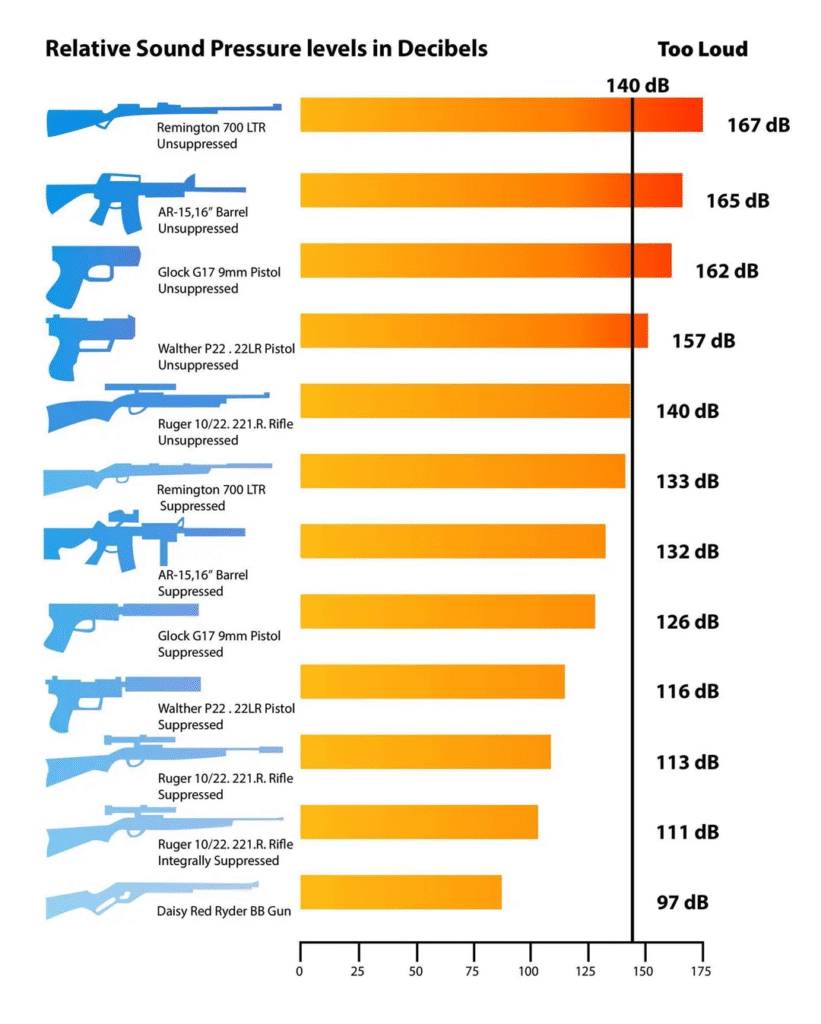We expected the gun control industry to have a hissy fit if and when the House of Representatives voted to removed suppressors from the National Firearms Act. We were not disappointed.
From Everytown:
“There’s a reason silencers have been regulated for nearly a century: They make it much harder for law enforcement and bystanders to react quickly to gunshots,” said John Feinblatt, president of Everytown for Gun Safety. “In the name of gun industry profits, House Republicans are putting law enforcement and our communities at greater risk of being shot — all while gutting health care for millions of Americans.”
A silencer is a device that helps dampen a firearm’s sound signature and eliminate its muzzle flash by allowing the hot gasses that follow a bullet down the barrel to expand and cool before hitting the air outside of the gun. Silencers work like car mufflers, but for firearms. As a result, it is more difficult for bystanders and police to identify that a gun has been fired or where gunshots originate.
Because of the danger they pose, silencers have been highly regulated since 1934. People who want to buy or build a silencer must first submit an application to the Bureau of Alcohol, Tobacco, Firearms and Explosives (ATF) with their fingerprints, a passport-style photo, and a $200 tax stamp — a fee that has not been raised or adjusted for inflation since 1934 — and undergo an enhanced background check. All of these requirements are now on the chopping block.
Suppressors reduce the report of a firearm by approximately 30 decibels. What does that mean in real terms. The chart below illustrates the decibel level of a suppressed and unsuppressed firearm.

The OSHA occupational noise standard for workers exposed to loud noises is 90 decibels average over an 8-hour work day.
As to the lie that police and bystanders would have a hard time identifying gun shots if a suppressed firearm was used, 130 decibels – or the approximate amount of a 9mm suppressed – is the sound level of a military jet taking off from a carrier deck and can cause harm to one’s hearing.

